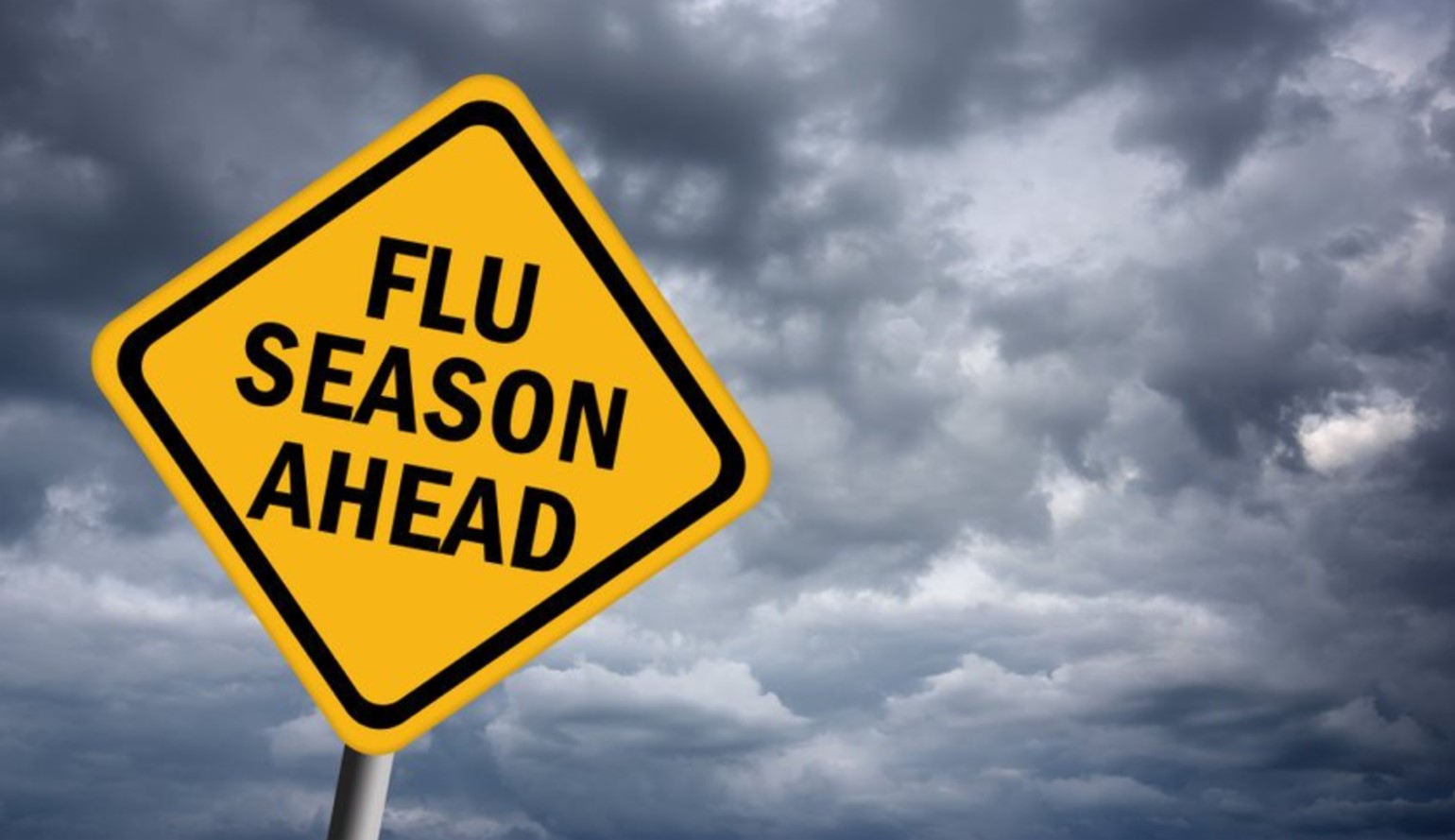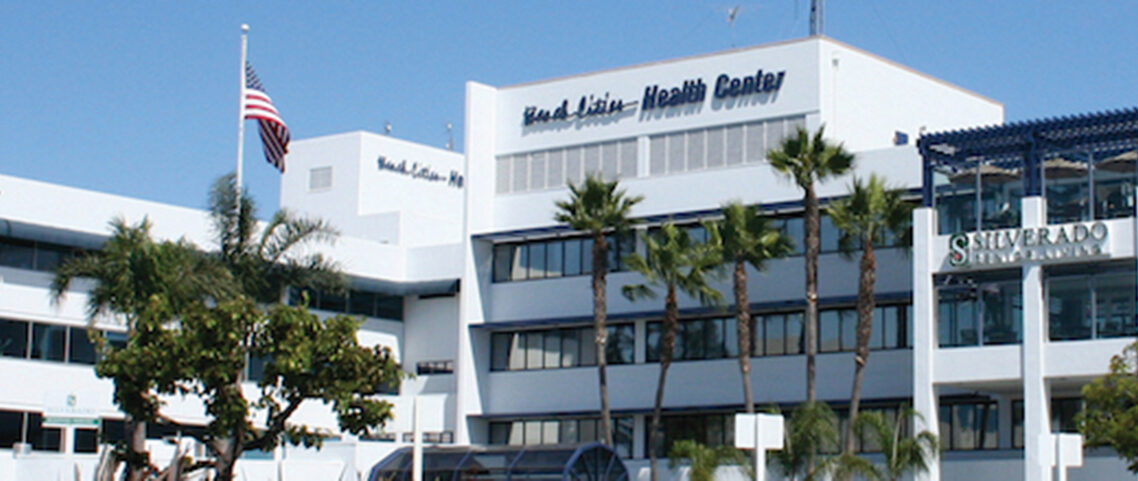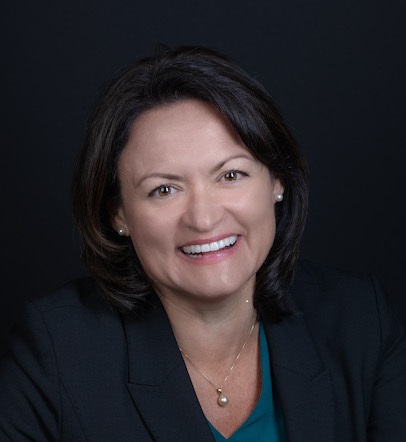Health experts are forecasting a potential “tripledemic” this fall with the flu, COVID-19 and Respiratory Syncytial Virus, or RSV. Here is some information on how you can protect yourself from getting one (or more) of these viruses.
The best way to prevent the flu is to get vaccinated every year. For more information on COVID-19, visit bchd.org/coronavirus. RSV is another type of respiratory virus that can cause mild, cold-like symptoms, and can be serious for older adults and infants, potentially leading to hospitalization. Read more here.
Most flu activity occurs between October and May, normally peaking between December and February in the United States. The influenza vaccine protects against the flu after two weeks, so it is recommended to get vaccinated in early fall, by the end of October.
Anyone can get the flu, even healthy children and adults. Those in high-risk populations (see below), should make getting a flu shot a priority as they are at risk for more severe flu infections and negative health outcomes from getting the flu.
High-risk populations include children younger than five years old, pregnant women, persons 65 years of age and older and people with chronic medical conditions (e.g. asthma, diabetes, chronic kidney disease, heart disease and stroke).
The same tips to protect you from the flu can also protect you from other respiratory illnesses like the common cold, COVID-19 and RSV. Vaccines are available for all three viruses.
Going over the CDC’s updated recommendation list for all three vaccinations, Demetre Daskalakis, MD, MPH, the acting director of the National Center for Immunization and Respiratory Diseases (NCIRD), said if you’ve already had a dose of the previous COVID vaccine, you should wait about 2 months before getting the updated one. If you’ve recently had COVID, the CDC guidelines say, you may consider waiting 3 months to get the new COVID shot.
In addition to the original vaccination series and a dose of the updated shot, Daskalakis said, those who are immunocompromised may receive more doses now depending on what their healthcare provider advises.
When it comes to RSV in infants, Daskalakis pointed out that all babies qualify for nirsevimab, the monoclonal antibody treatment to protect against RSV. Another way to target newborns and infants is by getting pregnant people vaccinated 32-36 weeks into their pregnancy.
With all these viruses, experts agreed that speed is the key for treatment. Getting tested as soon as you can, getting antivirals like Paxlovid for COVID-19 or those that target influenza, and masking if you’ve been exposed to a virus are all vital strategies to protect others from infection.
Where to get the flu vaccine: Visit your healthcare provider or local pharmacy, Call 2-1-1 for a location near you, or visit a Los Angeles County Department of Public Health Clinic.
Please do your research, educate yourself and talk with your health care provider to find out which vaccines are recommended for you, or if you have any concerns. Find Frequently Asked Questions about Flu season here.






